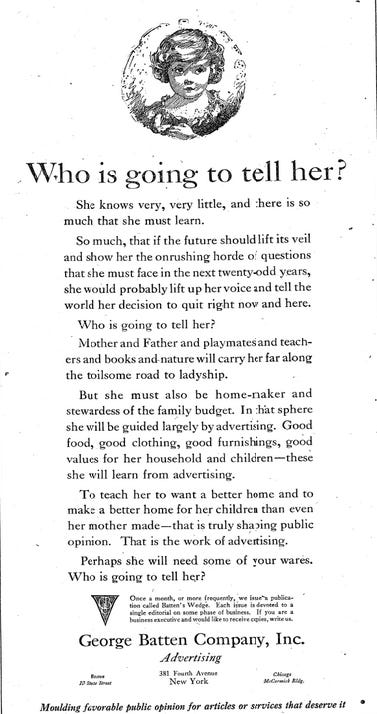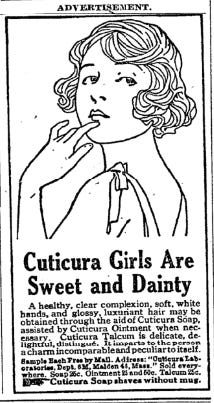Strange Times 159: "I Have Just Killed a Man"
Today brings Boy Scouts and Frenchmen who are cool in a crisis. Row like your life depends on it on…
June 8, 1921
In the wake of the hold-up at the jewelers’ on Sixth Avenue, the captive suspect is identified as Calogero di Sarro, who was acquitted of murdering Grover Whalen associate Peer Tike in 1917. Additionally, the dentist whose office adjoined the scene of the hold up “indignantly denied that there was frequent screaming from his office.”
John Cownie, President of the National Association of Leather Glove Makers, declares: “It remains only to educate the working classes as to the proper glove for the proper occasion. The bricklayer, for instance, shouldn’t wear expensive kids.”
Accompanied by his second wife, accused bigamist and embezzler Shubel K. Siver pleads guilty to the theft of $6,000 in bonds from a church safe.
Bank president Robert C. Mayer is acquitted on charges of obstructing the delivery of the United States mail after forcing the driver of a postal wagon to stop driving a horse that was visibly unwell.
The Weather: Partly cloudy today and Thursday; not much change in temperature; gentle, variable winds.
As a former Boy Scout, who retired with the incredibly unimpressive rank of First Class, I can say that even at my Scouting peak I’d have been completely incapable of such heroics—unless there were some life-saving that could be accomplished by sharpening a stick into a smaller, pointier stick, as that is basically all I did in scouts.
PUEBLO, Col., June 7.—Of all the quick thinking heroes of the flood which swept the Arkansas Valley in the greatest disaster in its history two Boy Scouts deserve most credit, perhaps.
After the city was thrown into terror Friday night by the flood several fires started in the business section. Boy Scouts brought boats from Lake Clara in Mineral Palace Park.
At 10 o’clock fire blazed out in the King Investment Company’s plant. George King, the owner, his young son, Francis, and three employees were trapped in the burning building, which was surrounded by onrushing water.
Charles Hopkins and George White, Boy Scouts, faced death as they manned a rowboat and pulled through the dangerous current three blocks to the blazing structure.
On their first trip they brought back King and his son. They battled desperately and it seemed as if they were going to be swept away into the river. Several explosions in the building, which was filled with lime, came as they were pulling away. Hearing shouts of the men left in the building, they returned after taking King and his son to safety. On the second trip the scouts became exhausted before reaching safety and the men took the oars. Shortly after they landed terrific explosions were heard, and the walls of the building crumbled and fell into the water.
Near the spot where the scouts manned the boats three colored women and a colored man were drowned when their boat tipped over.
Dr. E.R. Carey tried to save and lost his life. Dr. Cary came from his place of business near Fourth and Main Streets with his son, Robert, in a rowboat. After leaving the boy in safety he returned to a store near his office to rescue a woman, but his boat was swept against a building by the current and overturned and he was drowned.
I am, in many ways, not a medical examiner, but I feel like if you’re fighting with a guy and your wife shoots him three times and he falls down dead, it’s your wife who did the killing, not you. Strange that the Paris police didn’t pick up on that fact.
PARIS, June 7.—Shortly after 10 o’clock the police station in the fashionable district of the Parc Monceau was rung up on the telephone and a quiet voice asked for the inspector in charge.
“I am M. Jean Sturel, Advocate of the Court of Appeal,” said the voice. “I have just killed a man at my house, 64 Rue de Courcelles, and would be obliged if you would come and take all necessary legal steps.”
When the police arrived they found M. Sturel sitting with his wife on a sofa, while in the hall lay the body of a man. Together husband and wife told the story of what had happened. The dead man was Marcel Hure, the divorced husband of Mme. Sturel. She divorced him three years ago and a year later married M. Sturel.
Since that time, according to M. Sturel’s statement, Hure has constantly sent threatening messages to both husband and wife, and recently Sturel began proceedings against him for threatening to kill him.
Last evening, just before 10 o’clock, while the two were sitting alone in their apartment after dinner, Hure came to the door. He had driven up in a taxicab and, according to the driver, took a long drink from a flask before entering the house. Sturel answered the bell. Later Mme. Sturel came out from the drawing room, having heard the noise of a struggle and a shot.
Knowing that the visitor must be her former husband, she had armed herself with an old revolver of heavy pattern. When she stepped into the hall she saw Hure in the act of rushing on her husband, whose small pocket revolver had jammed. Without hesitation she raised her arm and fired three times. The man who had been her husband fell dead.
She fainted, and Sturel’s first act was to attend to her. Immediately after she had recovered he telephoned to the police. Both the husband and the wife have been left at liberty.









